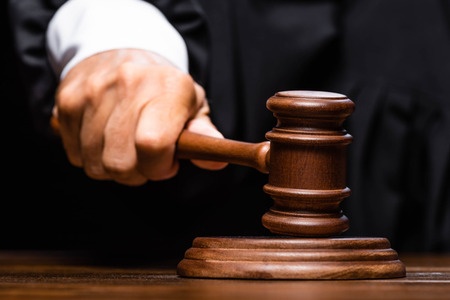
No, being sued does not automatically mean that you are guilty of any wrongdoing. A lawsuit is a legal action initiated by one party (the plaintiff) against another party (the defendant) to seek a legal remedy or resolution for a perceived wrong. In the legal system, the principle of “innocent until proven guilty” is generally applicable.
Being sued simply means that someone is asserting a claim against you and is seeking a legal remedy through the court system. Both parties have the opportunity to present their case and provide evidence to support their arguments. It is ultimately up to the court to determine the outcome based on the evidence and applicable laws.
It’s important to note that people can be sued for various reasons, and the lawsuit itself does not establish guilt. Legal proceedings can be complex, and the outcome depends on the specific facts of the case, the applicable laws, and the arguments presented by both parties. If you are sued, it is advisable to consult with an attorney to understand your rights and legal options.
If you are served with a lawsuit, it’s important to take prompt and appropriate action to protect your rights and interests. Here are general steps to consider if you find yourself facing a lawsuit:
Review the Complaint:
Read the complaint carefully to understand the claims being made against you.
Note the specific allegations and legal basis for the lawsuit.
Consult with an Attorney:
Seek legal advice from an attorney experienced in the relevant area of law.
Provide your attorney with all relevant information and documents.
Respond to the Lawsuit:
In most legal systems, you are typically required to file a formal response (answer) to the complaint within a specified time-frame.
Your attorney can help draft and file the appropriate legal documents.
Gather Evidence:
Collect and organize relevant documents, records, and other evidence that may support your defense.
Work with your attorney to build a strong case.
Consider Settlement:
Explore the possibility of settling the case through negotiation or alternative dispute resolution methods.
Your attorney can help you assess the potential benefits and risks of settlement.
Prepare for Court:
If a settlement cannot be reached, prepare for court proceedings.
Work closely with your attorney to understand court rules and procedures.
Follow Legal Procedures:
Adhere to all deadlines and legal procedures outlined by the court.
Keep open lines of communication with your attorney throughout the process.
Maintain Professionalism:
Conduct yourself professionally and avoid any actions that could negatively impact your case.
Communicate through your attorney to ensure proper legal representation.
Attend Hearings and Mediation Sessions:
Attend all court hearings and mediation sessions as required.
Your attorney will guide you on what to expect and how to navigate these proceedings.
Continue Communication:
Stay in regular contact with your attorney to discuss updates, strategies, and any new developments in the case.
Remember, every legal situation is unique, and the above steps may need to be adapted based on the specifics of your case. Consultation with an attorney is crucial to developing an appropriate strategy tailored to your circumstances.
